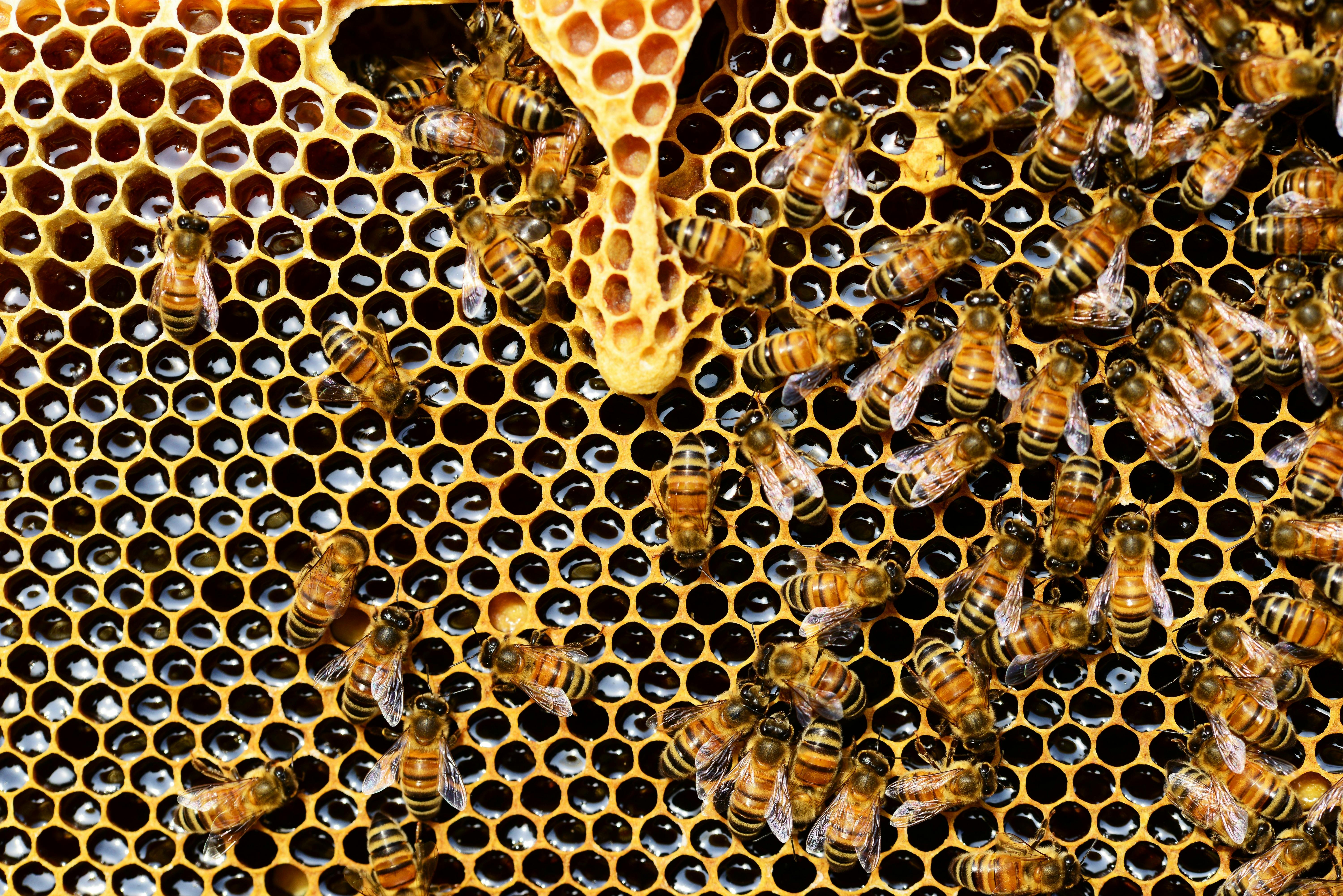Rediscovering the Importance of Bees in Modern Agriculture
Introduction: Bees have long been recognized for their vital role in the ecosystem, particularly in the field of agriculture. This article dives into the fascinating world of these tiny pollinators, their historical significance, and their current status in the modern world.

The Historical Significance of Bees
Dating back to ancient times, bees have been an integral part of human society. The earliest evidence of beekeeping can be traced back to around 10,000 years ago. Ancient civilizations, such as the Egyptians, Greeks, and Romans, recognized the importance of bees not only for honey production but also for their role in pollinating crops. In fact, honey bees were so highly valued that they were often depicted in religious and royal symbolism.
Bees in Modern Agriculture
In today’s agricultural landscape, bees are more crucial than ever. They play a pivotal role in pollinating a significant proportion of the world’s crops. According to a report by the United Nations Food and Agriculture Organization, bees and other pollinators affect 35% of global agricultural land, supporting the production of 87 out of the 115 leading food crops worldwide.
Threats to Bee Populations
Unfortunately, bee populations are facing numerous threats. Habitat loss, climate change, pesticides, and diseases are all contributing to the decline of bee populations worldwide. This reduction in bee numbers poses a significant risk to global food security, as it could lead to decreased crop yields and increased food prices.
The Economic Impact of Bees
The economic importance of bees cannot be overstated. The United Nations estimates that the global economic value of pollination, primarily performed by bees, is approximately $577 billion per year. This figure includes not only the value of the crops directly affected by pollination but also the secondary effects on other sectors of the economy.
Future Prospects and Conservation Efforts
With the growing awareness of the importance of bees, various conservation efforts are being made worldwide. These include creating bee-friendly habitats, reducing pesticide usage, and promoting sustainable farming practices. Such initiatives aim to ensure that these tiny creatures continue to play their vital role in our ecosystem and economy.
In conclusion, bees are not just producers of honey. They are pivotal in maintaining the balance of our ecosystems and economy. As such, it is paramount that we take the necessary steps to protect and conserve these valuable creatures. Their survival may very well determine our own.




